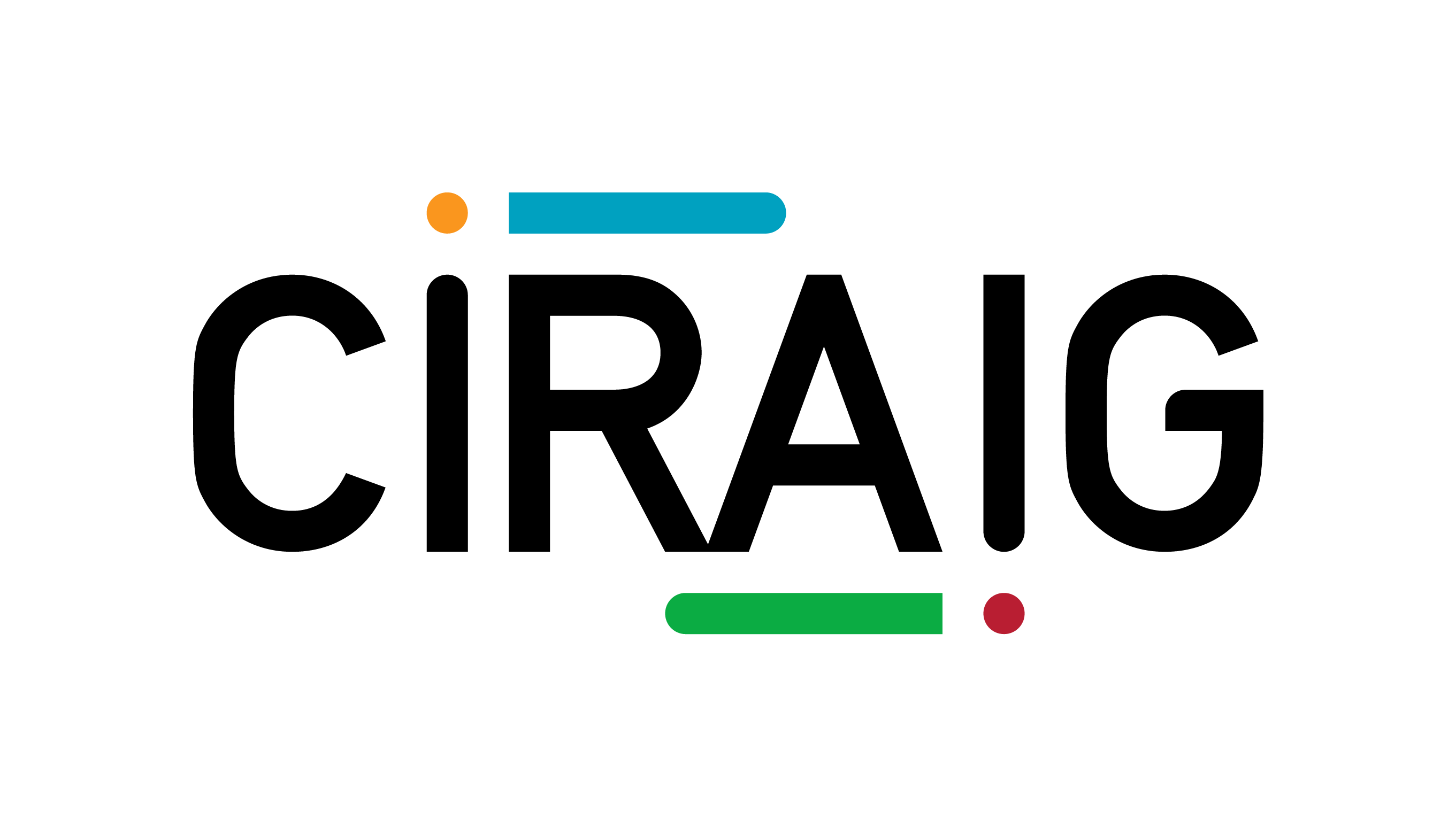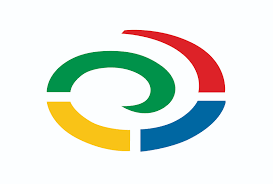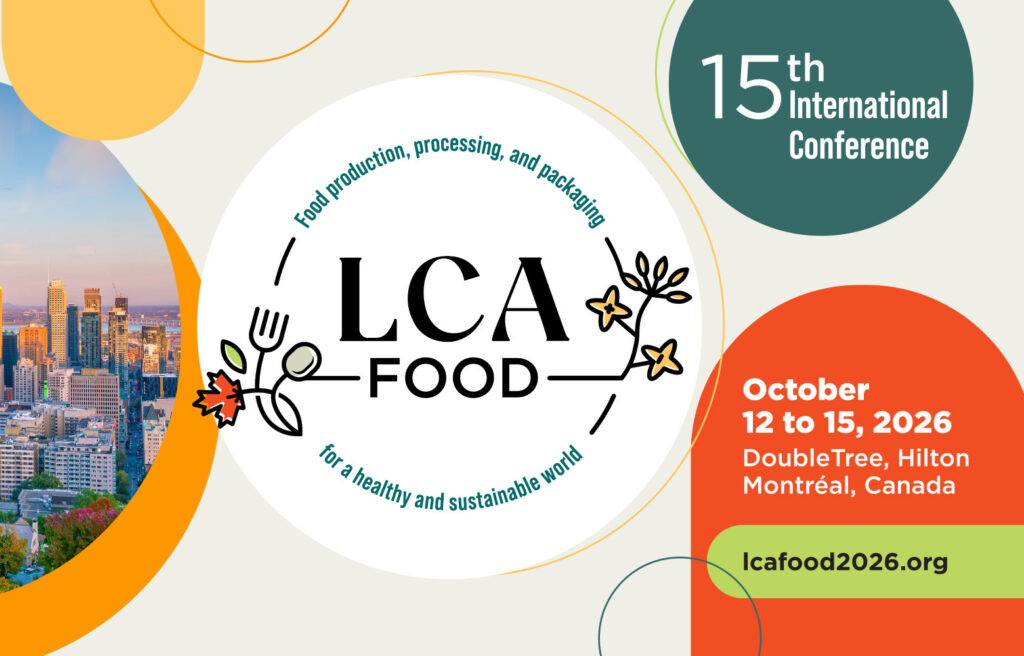Project
Guidelines for Social Life Cycle Assessment of Products and Organisations 2020
Since its first edition in 2009, the practice of social life cycle assessment (S-LCA) has evolved from a small circle of academic practitioners to one that now includes stakeholders from industry, policy makers, and business. This means having updated information and guidelines that do not need prior à understanding of lifecycle approaches. It also means ensuring that the right tools are in the hands of those who can inform the decision-making processes. These updated Guidelines fulfils both these objectives.

The Guidelines for Social Life Cycle Assessment (S-LCA) of Products provide a roadmap and a body of knowledge to help stakeholders in the assessment of social and socio-economic impacts of products’ life cycles, their related value chains and organizations.
Awareness about value chain social issues such as child labor used for harvesting cotton, unpaid wages of factory workers and safety issues when using a product, raises the question of what the extent of product and organization social impacts are and how they can be improved. To answer this question, the S-LCA Guidelines present a methodology to assess the social impact of products using a life cycle perspective. This methodology builds on the more commonly known Life Cycle Assessment (LCA), which focuses on environmental impacts.
A key and unique feature of S-LCA, within the landscape of social assessment methodologies, is that a life cycle perspective is used to assess the social impacts of a product or organization. This means looking not only at the factory or process that produces the product, e.g. flour milling, but also at the social impacts related to all the associated processes, both upstream and downstream, e.g. grain production, transport and final distribution of the flour.
In the past decade since the original S-LCA Guidelines were published, S-LCA has gained in maturity and established itself as a standalone methodology. These 2020 Guidelines provide additional information and consensus-based guidance for each step of the S-LCA, explaining the strengths and challenges of different approaches to address a varied set of questions related to the social sustainability of products and organizations. For instance, to support measuring and assessing progress towards the UN Sustainable Development Goals (SDG).
The expanded framework builds on the previous edition to cover new methodological and practical developments such as social organizational LCA (SO-LCA) as well as the refinements and additions of social impact subcategories that have emerged in the literature and that are now integrated in the guidance.
In collaboration with
We use cookies on our website to give you the most relevant experience by remembering your preferences and repeat visits. By clicking “Accept”, you consent to the use of ALL the cookies.
Manage consent
Privacy Overview
This website uses cookies to improve your experience while you navigate through the website. Out of these, the cookies that are categorized as necessary are stored on your browser as they are essential for the working of basic functionalities of the website. We also use third-party cookies that help us analyze and understand how you use this website. These cookies will be stored in your browser only with your consent. You also have the option to opt-out of these cookies. But opting out of some of these cookies may affect your browsing experience.
Necessary cookies are absolutely essential for the website to function properly. This category only includes cookies that ensures basic functionalities and security features of the website. These cookies do not store any personal information.
Any cookies that may not be particularly necessary for the website to function and is used specifically to collect user personal data via analytics, ads, other embedded contents are termed as non-necessary cookies. It is mandatory to procure user consent prior to running these cookies on your website.
Your subscription could not be saved. Please try again.
Your subscription has been successful.






